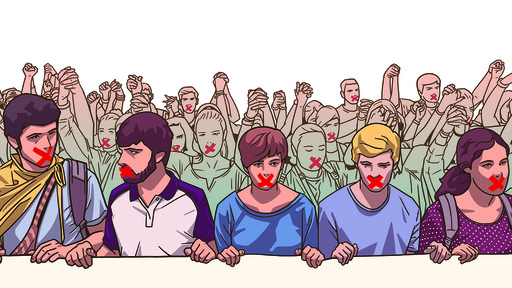On morality, capitalism and free speech, Judith Shulevitz in NYT:
'This past year, regular contributors to Condé Nast magazines started spotting a new paragraph in their yearly contracts. It’s a doozy. If, in the company’s “sole judgment,” the clause states, the writer “becomes the subject of public disrepute, contempt, complaints or scandals,” Condé Nast can terminate the agreement. In other words, a writer need not have done anything wrong; she need only become scandalous. In the age of the Twitter mob, that could mean simply writing or saying something that offends some group of strident tweeters.
Agents hate morality clauses because terms like “public condemnation” are vague and open to abuse, especially if a publisher is looking for an excuse to back out of its contractual obligations. When I asked writers about morality clauses, on the other hand, most of them had no idea what I was talking about. You’d be surprised at how many don’t read the small print.
Not long ago, publishers were hailed as countercultural heroes for backing works that offended public sensibilities. Barney Rosset, the publisher of Grove Press, introduced Americans to Samuel Beckett, Jack Kerouac, Malcolm X, Marguerite Duras and Kathy Acker, among scores of other writers considered avant-garde at the time.'
(...)
'Mr. Rosset fought doggedly to overturn laws that were preventing him from publishing D.H. Lawrence’s “Lady Chatterley’s Lover” and Henry Miller’s “Tropic of Cancer,” both of which contained scenes of graphic sex. The “Tropic of Cancer” case made it to the Supreme Court, which ruled that the book was not obscene. The feminist critic Kate Millet attacked Henry Miller’s novels as misogynistic — she was quite right about that — but that didn’t stop the PEN American Center from awarding Mr. Rosset a citation for “the free transmission of the printed word across the barriers of poverty, ignorance, censorship and repression.”
Times change; norms change with them. Morality clauses hand the power to censor to publishers, not the government, so they don’t violate the constitutional right to free speech. But that power is still dangerous.'
Read the article here.
The angry mob has replaced state and church censorship.
Often the angry mob acts as if they are interested in protecting minorities, but their attempts to censor can be especially hurtful to female authors and authors belonging to minority groups, as Judith Shulevitz points out. If widespread public condemnation shall be a reason for a publisher to terminate a contract with an author we must conclude that profit maximization and the act of writing don't go together very well.
We have internalized the grand-inquisitor.
